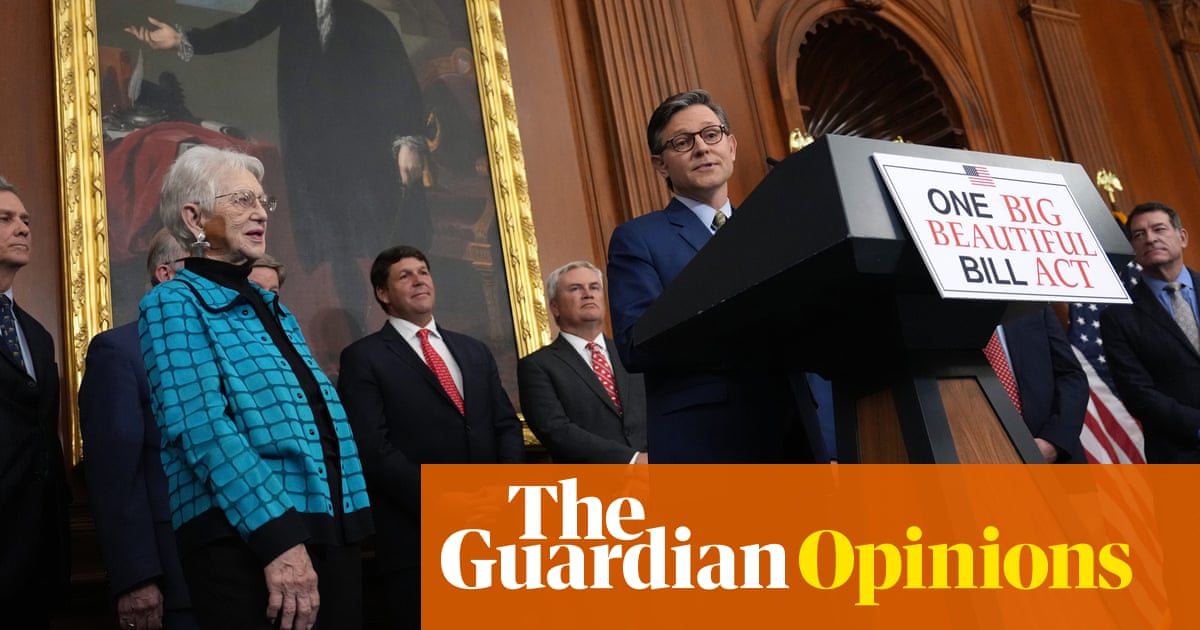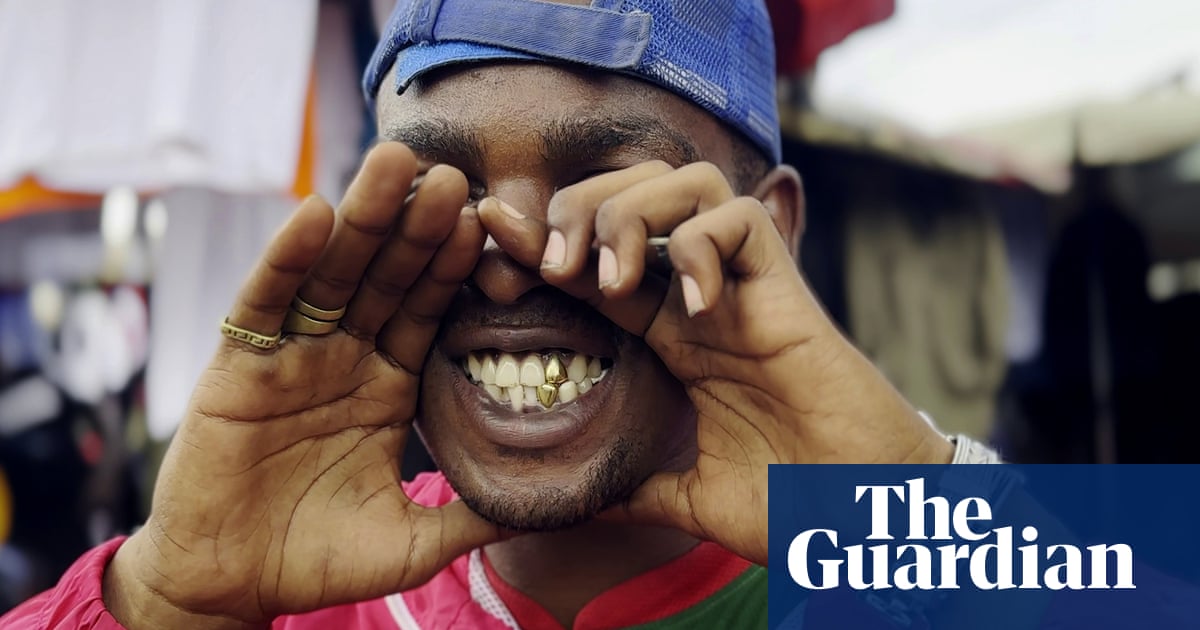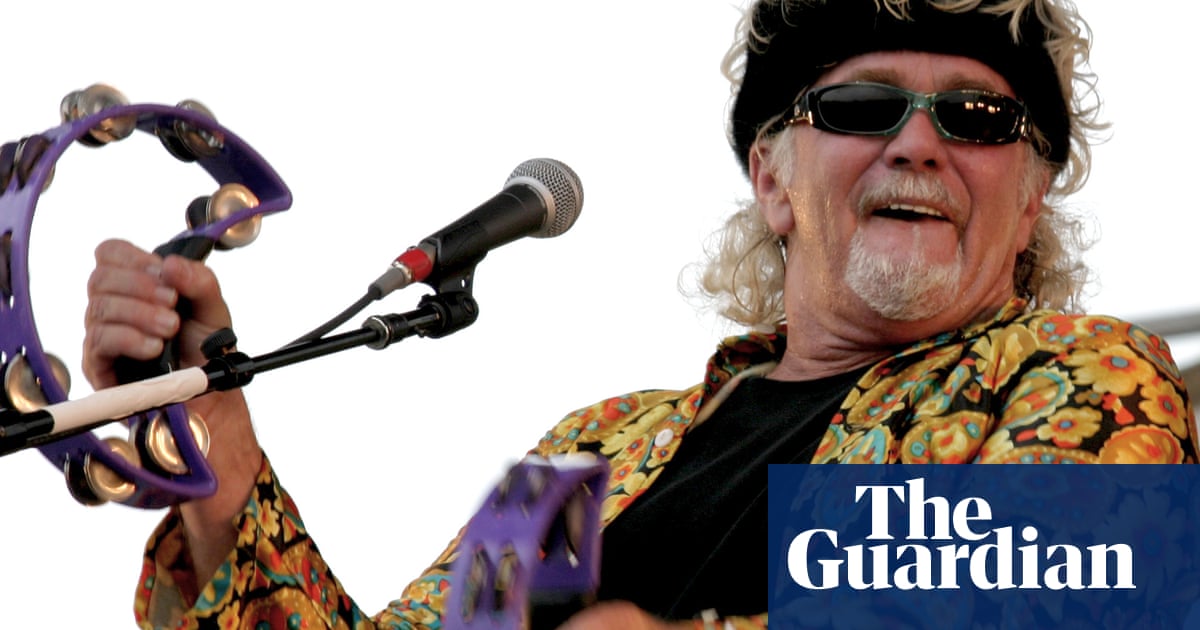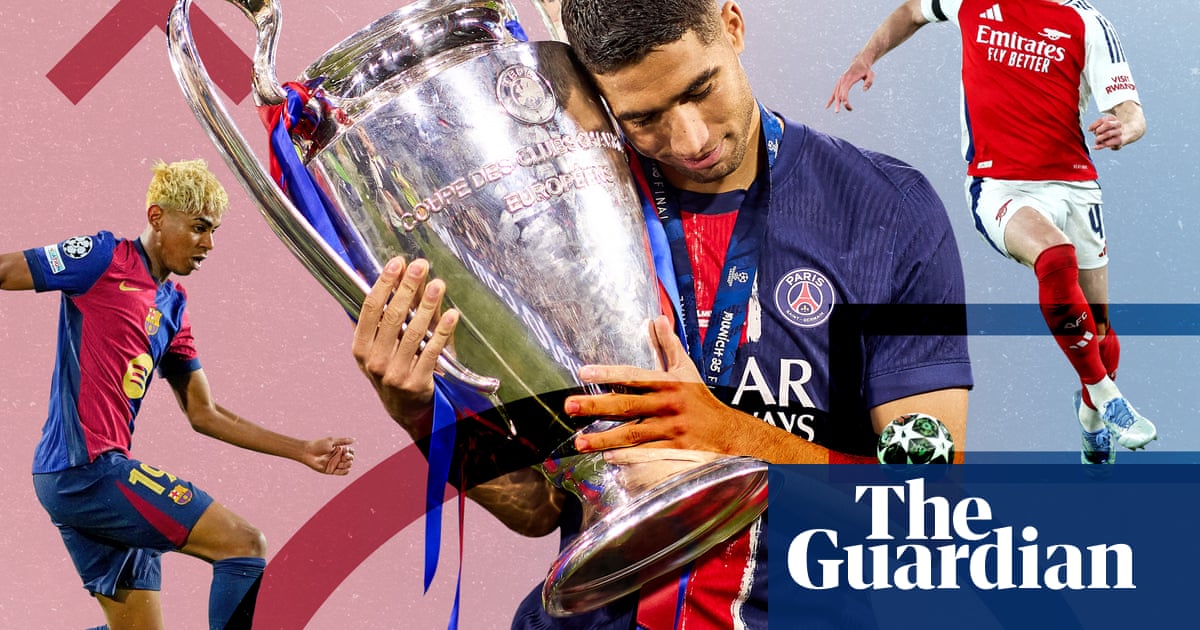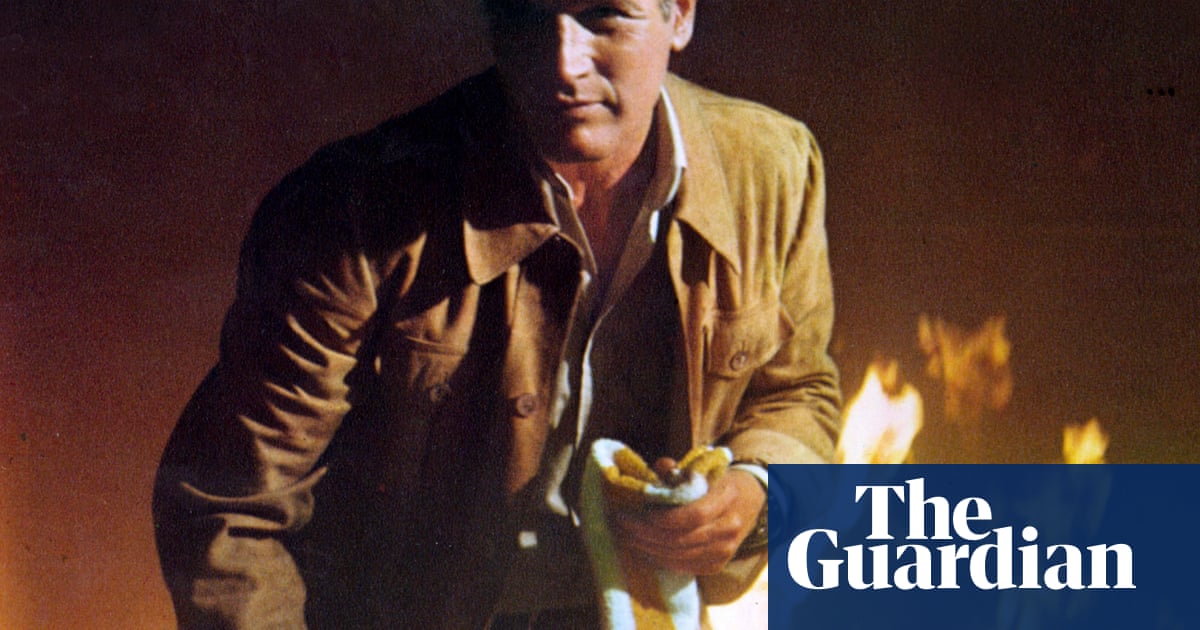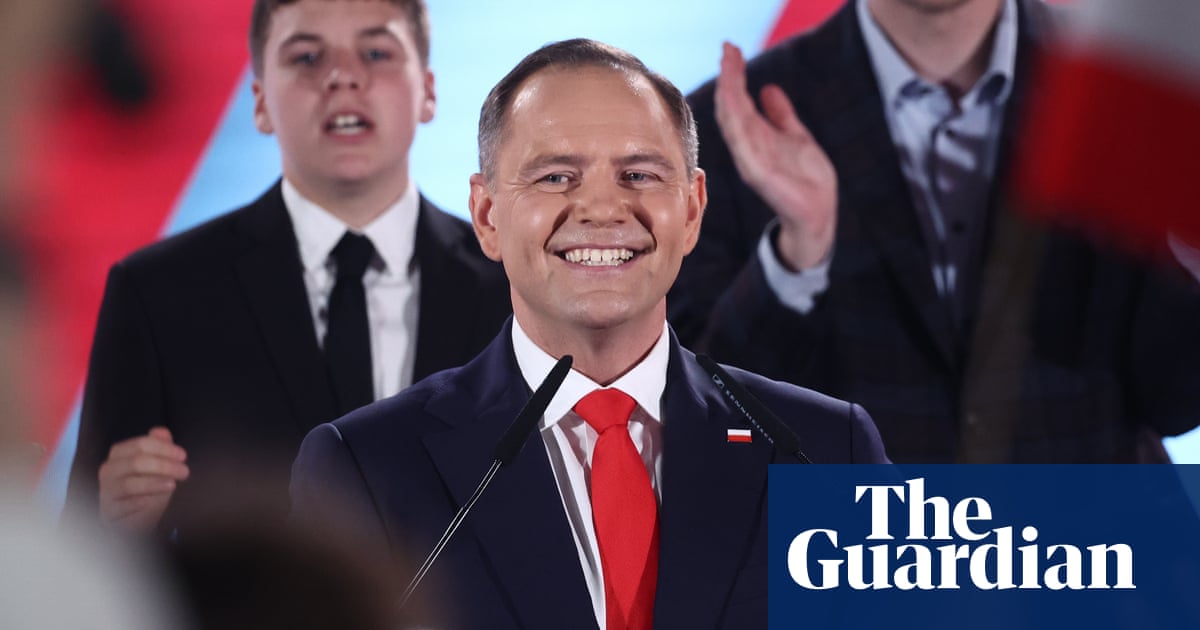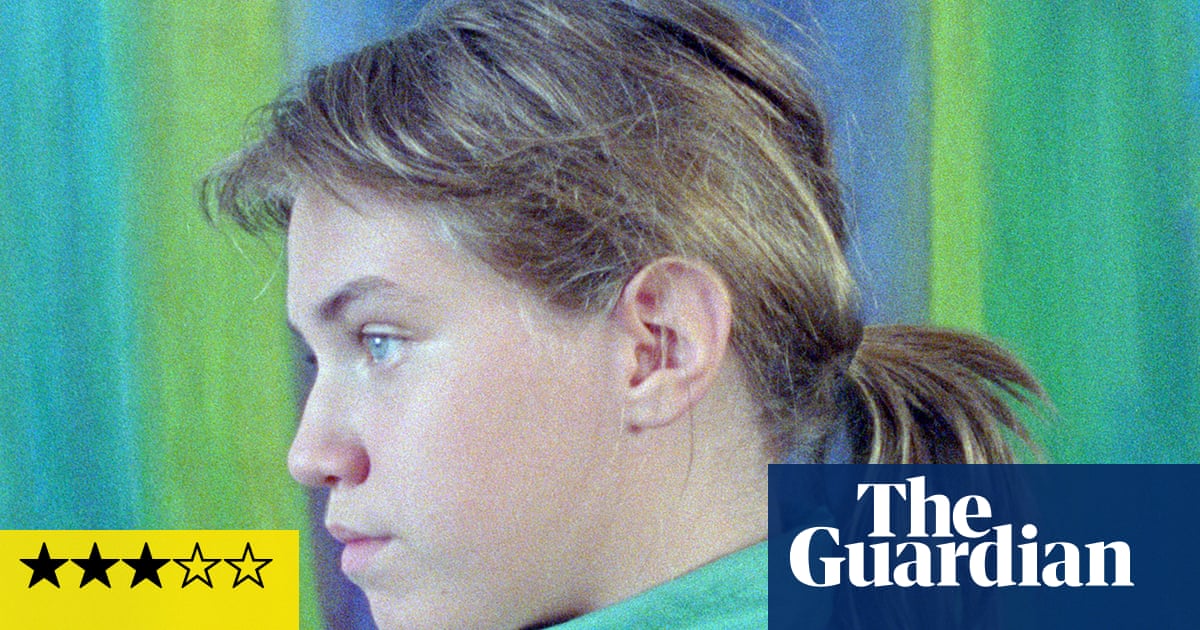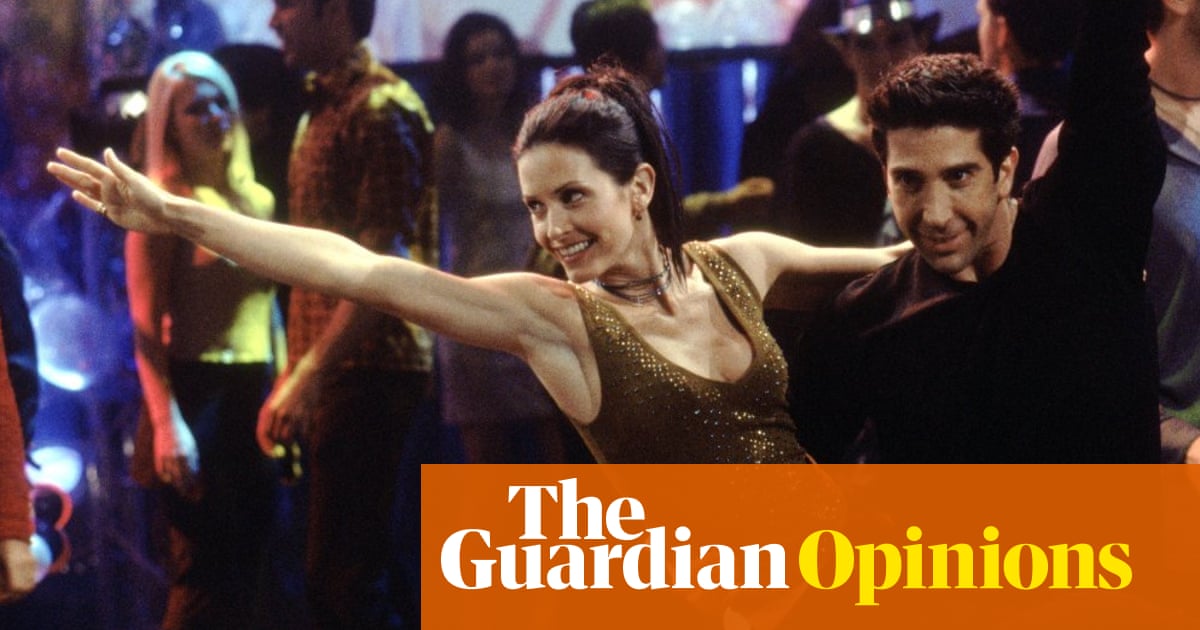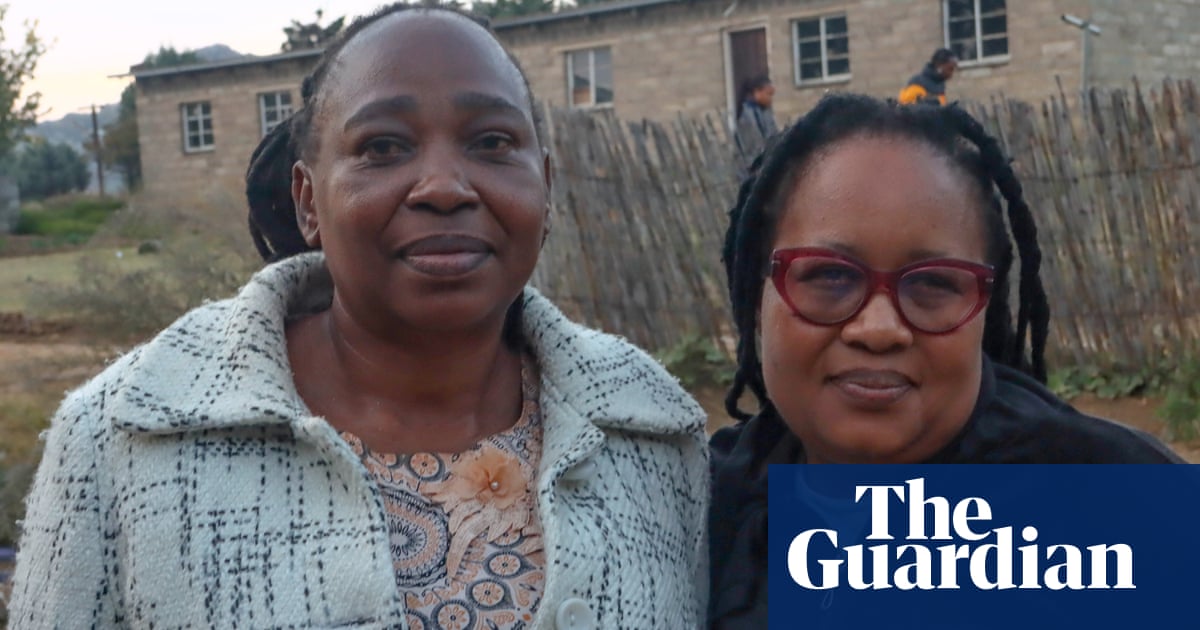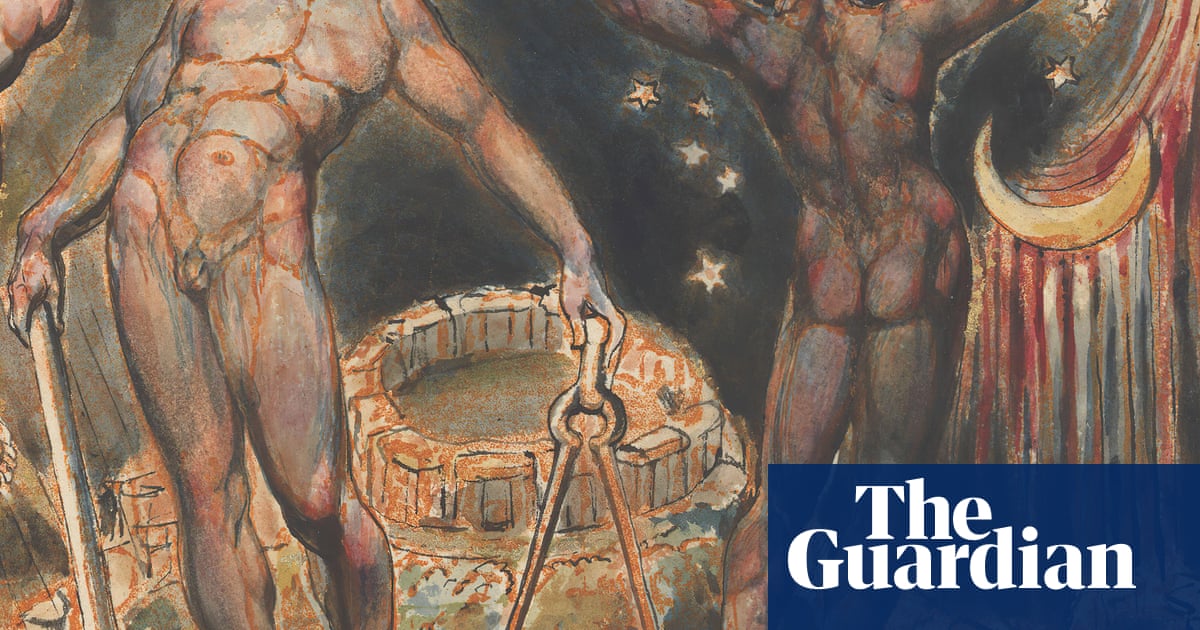He first came to national attention blowing the whistle on his own dubious practices at the Daily Star and earning 14 mentions in Lord Leveson’s 2012 report on the phone-hacking scandal.
Now Rich Peppiatt is heading for the red carpet and is in with a chance for six Baftas and 17 Iftas, the Irish equivalent, for Kneecap, the scabrous, semi-autobiographical story of the Belfast Irish-language rap trio.
So how did a London-born tabloid reporter go from chasing celebrities in silly outfits to making an acclaimed satirical comedy centring one of the most sensitive subjects in the country, ridiculing unionists and republicans alike, and starring Michael Fassbender?
After resigning from the Daily Star in 2011 while accusing his bosses of fabricating stories (claims that the paper rejected at the time), he turned his experiences into a standup show, One Rogue Reporter, about the tabloid world, which brought him to the attention of the actors Hugh Grant and Steve Coogan, bigger stars in the Leveson inquiry.
“I did that, I toured it and then Hugh Grant and Steve Coogan said: ‘Why don’t you turn it into a film?’ So if you are a person who doesn’t really know what the hell you are doing in life and Hugh Grant and Steve Coogan come up to you and ask you to make a film, you go: ‘Yeah, I’ll give it a go.’ It was very much a baptism of fire.”
It was in that fire he “just fell in love with film-making”, realising he wanted to be a director.
Work trickled in over the next few years. For Channel 4, he directed three episodes of the satirical series Supershoppers and wrote some of Tricks of the Restaurant Trade. For the Guardian, which had covered his Leveson experiences, he made a handful of videos including a mock Top Gear audition starring Polly Toynbee, among other columnists, as alternatives to Jeremy Clarkson.
He had never set foot in Northern Ireland before meeting his Belfast-born wife, who hails from the republican suburb of Andersonstown and whose family bear the scars of the Troubles.
Two weeks after moving to the city he saw Kneecap in a pub. “I was just blown away by them and their stage presence,” Peppiatt recalls, admitting he didn’t realise anyone spoke Irish in the UK, let along young people in Belfast.
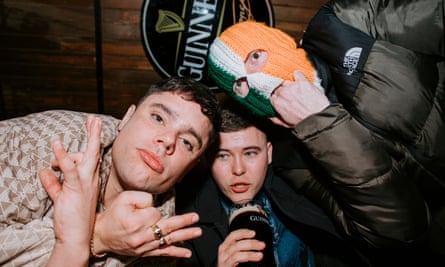
It took a while to meet them and then to persuade them to star in his movie. Once he did, Peppiatt immersed himself in their culture, including taking Irish lessons. “I needed to understand why the Irish language was so important to them, why they would choose to live their lives through a minority language that was rejected by the country they were born into [the UK].
“I thought that was very powerful. They were basically saying: ‘You can draw a border on my land, but I will still dream in the language I want.’ That to me was a very poetic act,” he says.
But Kneecap is “more than a film, more than a band”, Peppiatt says. “It’s a kind of movement. It’s about young people who are trying to kick at the system, saying we’re not happy and through music and art we will protest.
“In fact, one thing we bonded over was that we are all from working-class backgrounds and young working-class men in the media, in TV, film are often represented as the butt of the joke, the idiots, the criminals.
“What they wanted to do was show that you could be working-class but politically engaged, able to forge their own path. But why can’t you be working-class, be a person who wears a tracksuit and is involved in street culture and is erudite, can articulate political views and who has beliefs?”
In 2017, their first single C.E.A.R.T.A (Irish for “rights”) was banned by Raidió na Gaeltachta, Ireland’s state-owned Irish-language radio station, because of its drug references and bad language.
Eight years later, the band’s members, DJ Próvaí – in his tricolour balaclava – Mo Chara and Móglaí Bap, have made headlines around the world.
For the band, the mischief in through their lyrics and use of language feels natural – Móglaí Bap’s father Gearóid, who died just before Christmas, was a well-known Irish-language activist.
after newsletter promotion
But for blow-in Peppiatt, the provocative and unflinching script was full of challenges. Among them was a line in a sex scene between Mo Chara and a Protestant girl who declares: “I wanna blow you like a Brighton hotel” – an unconcealed reference to the IRA’s attempt to kill Margaret Thatcher in the 1984 Grand hotel bombing.
“That was the one line in the film no funder wanted. There was a three-line whip: ‘Take that out’,” says Peppiatt.
He and the producer Trevor Birney discussed it and its importance to the dark comedic undertones of every scene.
“I said I would walk if I have to take that out. Absolutely it is a controversial line. Yes, it’s not to everyone’s taste, but I think that comedy and art should be pushing up against a line of acceptability,” he says.
Other challenges including getting council permission for a scene that Peppiatt describes as their “Lawrence of Arabia” shot, involving a group of Orangemen chasing one of the band through a loyalist area. That had to be done at 6am.
Then there was the question of getting the German-Irish star Michael Fassbender to play an old IRA operative on the run.
“I read he learned Irish in school … We had a five-minute chat and by the end of it he said he ‘loved the script, love Kneecap, let’s do it’.”
The new film he and Birney are developing is “a kind of satire on 21st-century tourism in the Caribbean, zombie tourism” with a lot of “racial politics” in the script.
“It is very very controversial, probably more controversial than Kneecap, but I’d say really fun,” he says. Why court trouble?
“I think I have worked this out for myself: unless there is some element of ‘I might be absolutely cancelled’, or ‘it might be the last thing I ever do’, then I can’t really get out of bed for it.”

 3 months ago
57
3 months ago
57

